"The Crucible" a Stunning Parable of McCarthyism's Attack on America
The Komisar Scoop
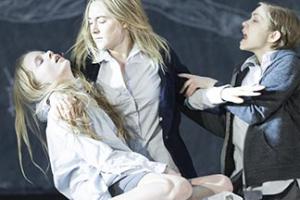 A crucible is a pot in which metals or other substances are heated to a very high temperature or melted. Miller's story is about events that took place in Salem, Massachusetts in 1692. But it's really about the House Un-American Activities Committee (HUAC), America's thought police of the early 50s, which burned through American rights and professed values. It's the best play of the season.(Closes July 17, 2016)
A crucible is a pot in which metals or other substances are heated to a very high temperature or melted. Miller's story is about events that took place in Salem, Massachusetts in 1692. But it's really about the House Un-American Activities Committee (HUAC), America's thought police of the early 50s, which burned through American rights and professed values. It's the best play of the season.(Closes July 17, 2016)

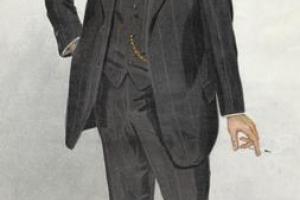
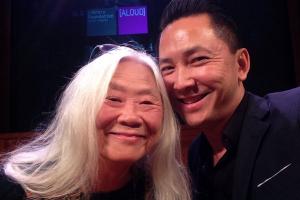
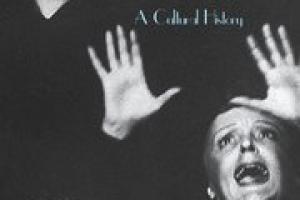



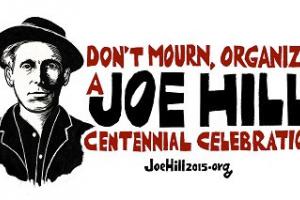
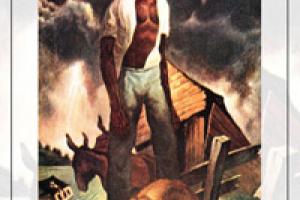
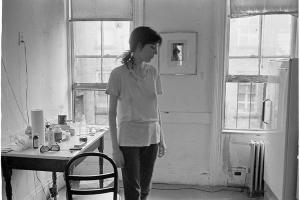
Spread the word